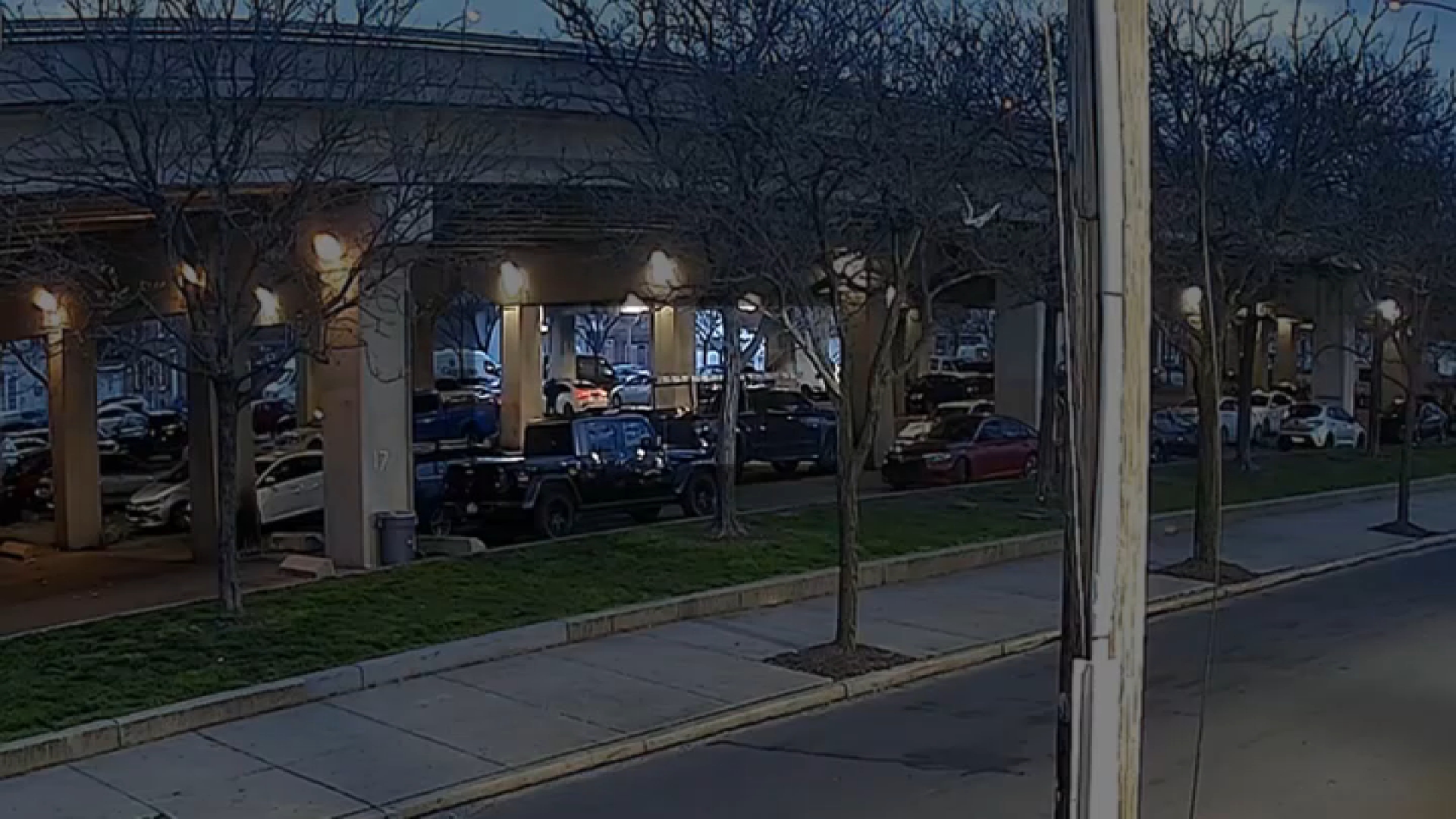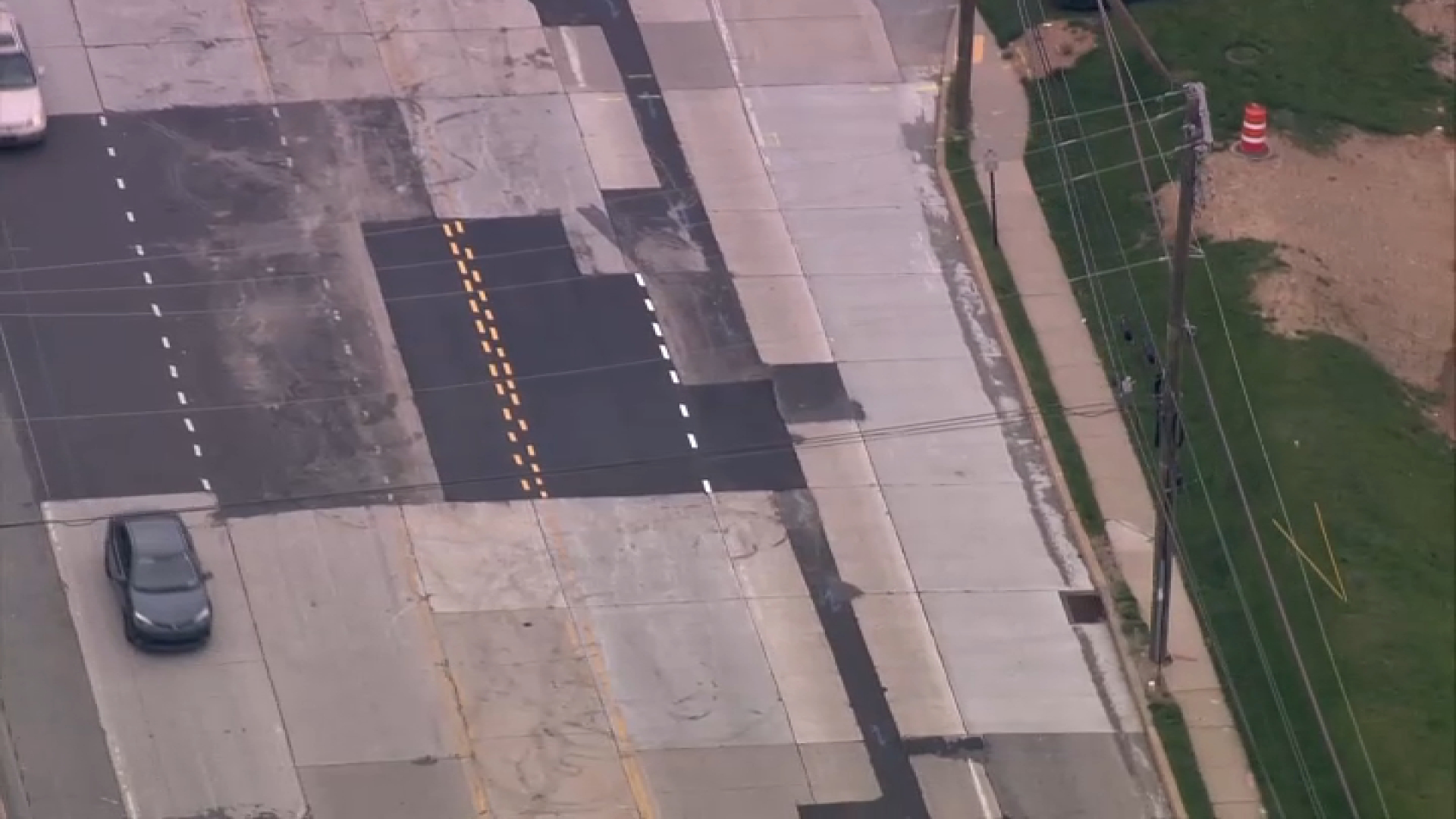Don't Be a Victim: A weeklong series — NBC10 is giving you tips on how to not be the victim of fraudsters every day, starting Monday, April 29 through Friday, May 3. Follow along on TV and online and test your knowledge with our quiz.
Fran Cannon's sweat ran cold when he got the call that kidnappers had his brother and were prepared to kill him unless Cannon paid a ransom.
"I was panicked. I didn't know what to do," Cannon recalled as the kidnappers, who mentioned his brother's name and even knew where he was from, demanded $15,000.
But these were no kidnappers. Instead, they were scammers looking to prey upon Cannon's worst fears.
This type of scam originates largely overseas and is designed to force you into making a snap decision, said Joseph Bushner, a special agent at the Federal Bureau of Investigation.
Local
Breaking news and the stories that matter to your neighborhood.
Cannon finally caught on to the scam when he realized the "kidnappers" on the other end of the line were throwing fake punches at his brother and then kept dropping the ransom cost.
If you get one of these calls, there are other things you can do to prevent yourself from being a victim, Bushner said:
- Slow down and think about what you're doing.
- Call or text your loved one to verify where they are.
- Look for clues during the fake call itself. Are they reducing their ransom amount? That's a tactic for getting a wire payment as soon as possible.
- The scammers will find personal information by searching social media, so remember to keep your accounts private.



